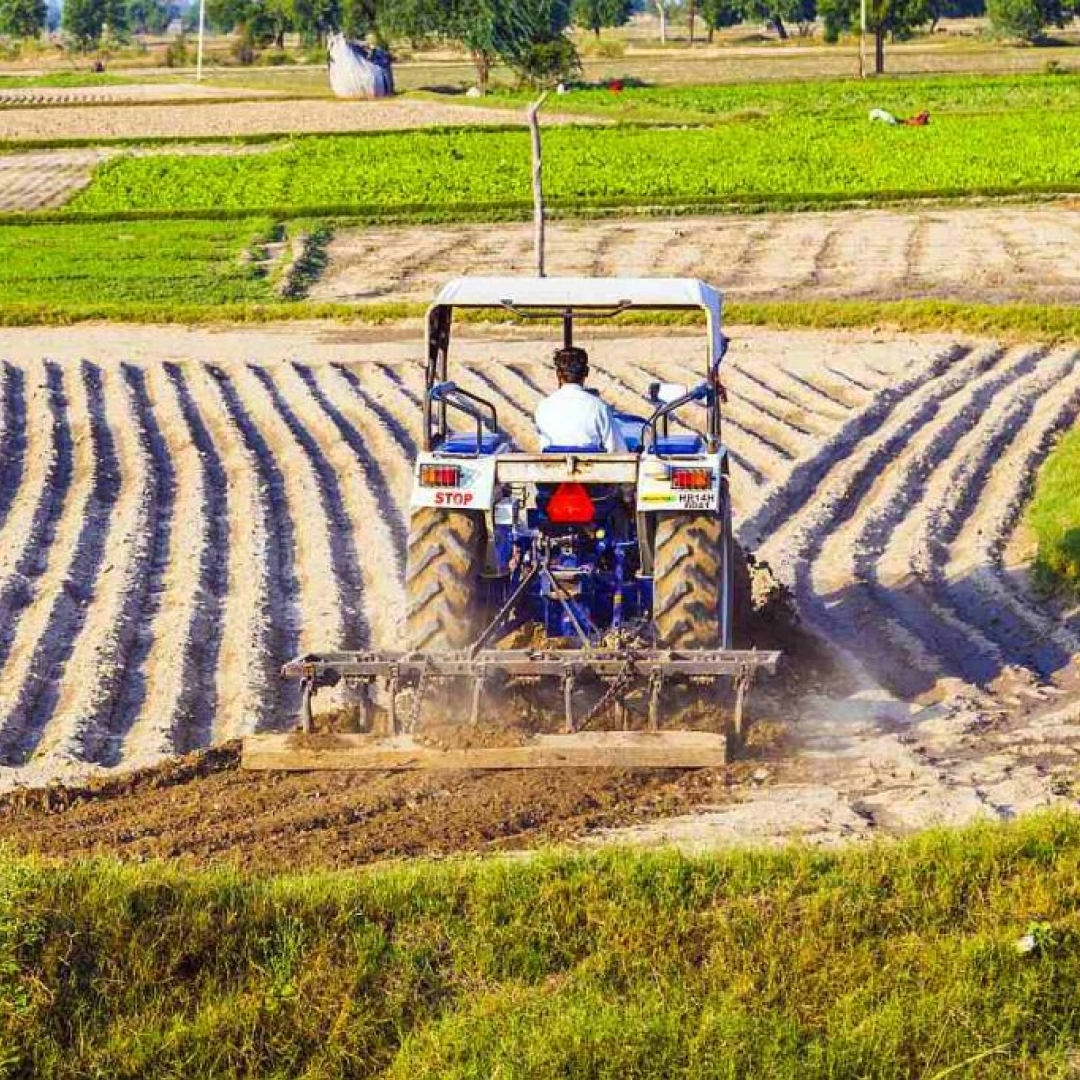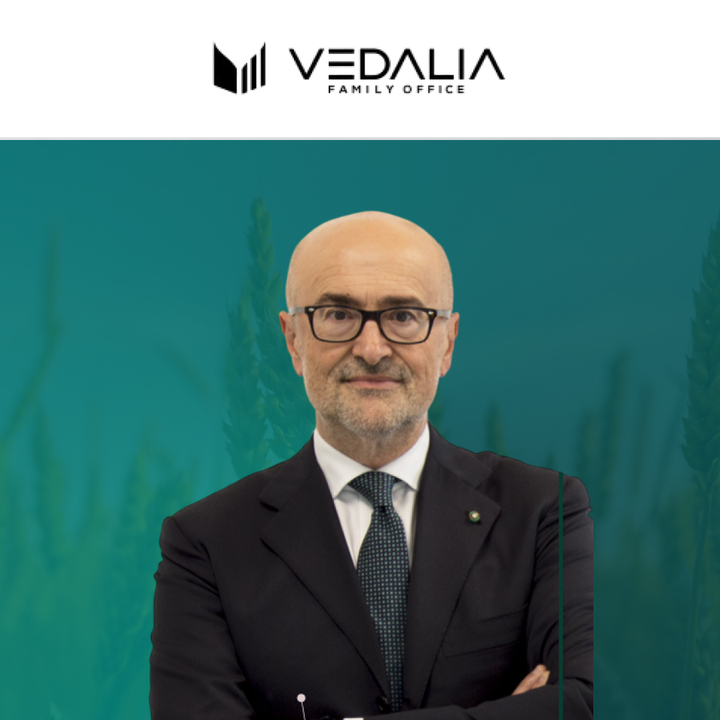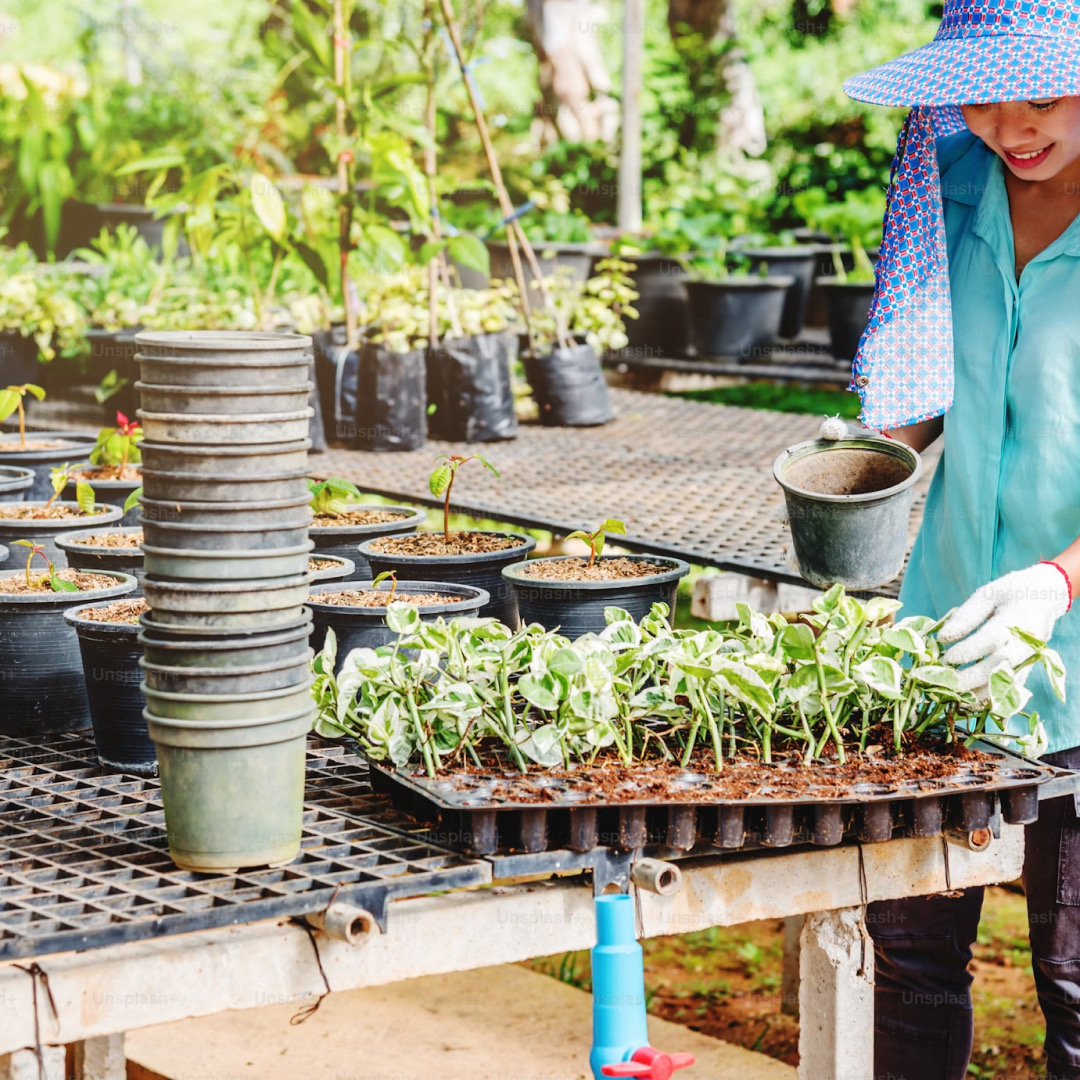
Karel J.F. Bolckmans is a leading expert in biological control with over 30 years of experience in sustainable agriculture.
He has held key roles at Biobest, Koppert Biological Systems, and BioFirst Group, where he currently serves as
Chief Strategy & Transformation Officer. As President of the International Biocontrol Manufacturers Association (IBMA),
Bolckmans advocates for the advancement of biocontrol solutions globally. His leadership in promoting integrated pest management,
microbial solutions, and sustainable crop protection continues to impact global agriculture positively.
Q1: As President of IBMA, what is your vision for the organization, and what key initiatives do you intend to prioritize?
My vision is to position biocontrol as a mainstream, indispensable solution for sustainable agriculture. We are focused on
accelerating regulatory approvals in the EU, where timelines can be 7–10 years—compared to 1.5 years in Brazil.
We’re pushing for mutual recognition among EU states and a dedicated framework for biologicals. Education remains crucial too—both for
farmers and policymakers.
Q2: What strategies do you have in place to address challenges in regulatory approvals and market access?
- Improving execution within the current system by prioritizing biocontrol and increasing resources.
- Targeted amendments—provisional authorizations and registration extensions.
- A new regulatory framework—similar to Brazil’s unified model for biopesticides, biostimulants, and biofertilizers.
We’re working closely with policymakers to get solutions to farmers faster and support the shift to sustainable agriculture.
Q3: What are the biggest misconceptions around biocontrol?
The myth that biocontrol is less effective than chemicals is outdated. Many biologicals offer comparable efficacy and
long-term sustainability. Some farmers think biocontrol is complicated or expensive, but that’s a knowledge gap.
Early application, integration, and proper training are key. We need real-world success stories to drive adoption.
Q4: How is digital technology influencing biocontrol?
Technologies like AI-powered pest monitoring, drone applications, and real-time soil analysis are making biocontrol
more efficient. AI-driven pest detection enables precise timing, and drones deliver biological agents with pinpoint accuracy.
Biological seed treatments are another breakthrough, helping protect crops from the start. These tools enhance
sustainability, scalability, and profitability.
Q5: What message do you have for stakeholders attending BAW Congress 2025?
Collaboration, innovation, and regulatory reform must go hand in hand. We need science-driven policy and better
farmer education. My keynote at BAW Congress in India will focus on modernizing regulations, scaling adoption,
and ensuring that biologicals become the global norm.
Q6: How do events like the BAW Congress shape the future of biocontrol?
BAW Congress bridges science, regulation, and commercialization. It promotes policy innovation, knowledge exchange,
and helps shape global standards. It’s also a launchpad for next-gen biopesticides, regenerative practices, and
AI-powered precision agri-tools. Global cooperation through forums like BAW is what will make biocontrol a reality at scale.







Leave a Reply